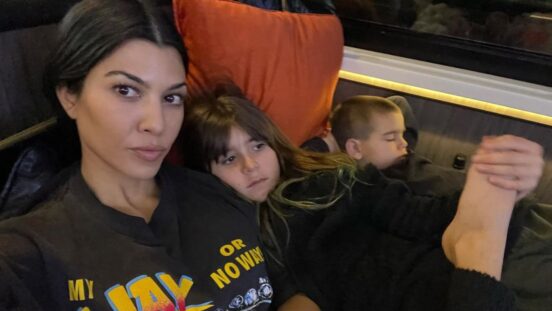How to help your child after a dyslexia diagnosis
"As someone with dyslexia, I need to know that the people around me accept me as I am. I need to feel wanted, safe and not judged."
By Yogita Ridgley
For a long time, I was ashamed of my dyslexia. Not diagnosed until university, I spent many years wondering why I struggled so much to read and write. Even after the diagnosis, I didn’t tell anyone – not even my children. I was ashamed. But, since then, I’ve learnt so much about living with a learning difficulty.
As a mum, I long to see children with learning difficulties accepted and valued. I understand the particular challenges these cognitive issues bring.
If you’re raising a child with dyslexia or any other learning difficulty, read on.
BECOME A BOUNTY MEMBER TODAY: And earn rewards, sample products and receive customised parenting content delivered to your inbox.
Ignorance is deadly
The worst thing you can do for your child, is ignore or misunderstand their diagnosis. Knowledge is power and ignorance can be deadly.
Children with learning difficulties need particular support – in school and at home. They are never going to receive this support if their parents won’t take the time to understand their challenges. Education is key.
If you suspect your child may be struggling with a learning difficulty, get them tested. If you’ve just received a diagnosis, don’t ignore it. Research, read, seek advice. Talk to educators and other parents. The more you know about the particularities of the diagnosis and the support available, the better you can care for your child and promote their success.
Seek support
Parenting is challenging at the best of times. Parenting a child with dyslexia or another learning difficulty can be an added challenge. From dealing with school requirements to managing related behavioural issues, there are plenty of hurdles for you and your child to jump through together.
But, you don’t have to do it alone. There are many, many services and supports available. This is much more the case now than it was when I was a child with dyslexia!
So, where should you look for support?
- Your child’s school. The classroom teacher should be your first port of call. They may refer you to the special education department.
- Healthcare providers such as GPs, psychologists, optometrists and more.
- Government agencies such as the Department of Education and Centrelink offer a range of support services and financial assistance programs.
- Educational or learning difficulty specific charities and organisations.
WATCH: The Benefits of Mindfulness. Continues after video …
Offer unconditional acceptance
For a child with learning difficulties, there are plenty of tough moments ahead. Many children experience classroom frustration or even bullying. What your child needs, more than anything, is your acceptance. Every child needs this – whether dyslexic or not.
Your unconditional love and acceptance is more important than any educational support tool or program. A parent who listens, accepts and shows compassion is fundamentally important to the wellbeing of children with learning difficulties. As someone with dyslexia, I need to know that the people around me accept me as I am. I need to feel wanted, safe and not judged. That is exactly what your child needs.
For yourself
Don’t make your child’s problem yours, don’t reflect your insecurities and worries to your child. Children will sense this. To avoid this, be kind to yourself, invest in your own happiness and take time out when you need it. You are important too. Happy parents are equally as important as happy children.
A Long Road Ahead
Learning difficulties certainly present challenges for families and educators. Recognising these challenges is key. Then, moving forward with compassion and intelligence.
Educating yourself about the issues and solutions is a wonderful way to support your child. Seeking help is the best step for ensuring they have a successful future. But, most of all, your child needs unconditional acceptance. They need to know they are loved; just as they are.
Learning difficulties such as dyslexia are not the end of the world. With a little bit of extra help – and a whole lot of love – they can be overcome.





